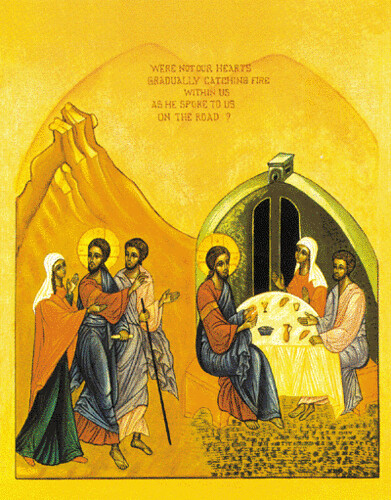I don't think a specialized "singles" ministry ought to exist. I have been in the company of many concerned Christians who disagree, but this is my reasoning:
I think church people make a bigger deal out of having separate "single" or "attached" catagories for humans more than non-church people do. It seems to me that the people who get excited about "singles ministry" reveal in their language an assumption that being "single" is somehow a lesser personhood.
Whenever I've been present for singles ministry meetings, things have gotten around to "recognition of singles" by "the church." The apparently problem? The generation before mine wants some ethereal entity called "the church" to bless their way of living. As if not being married were unusual are bad, and they need to be told it's not bad. In my context, I never concern myself with whether "the church" or "lots of people" think that not being married at age 14, 22, 30, or never, is weird. That's a bit of a misdirected search for validation I think. The important questions are, "What think the people who love me?" "What kind of man or woman, and in what manner of life, am I called to live?
I am not married, and I won't be soon. I am attempting to cultivate a holy celibacy, belonging to God and to my community, a local grouping of the Body of Christ. I do not need some prancing prelate priestling pontificating from a pulpit to inform me that this is an acceptable way of life. I would be insulted by the attempt. My friends and I do quite well discerning my vocation. Christianity, Inc. and associates can keep their opinions to themselves.
I have a problem with the language of "singleness," "singularity," or whatever one wants to say.
I am not single, or alone. Lots of people, including Christians, would say that I'm single, and not in a relationship. How sad it would be if that were true! What's with this "in a relationship" language? No wonder so many unmarried people feel worthless and unloved: they speak in a language that gives explicit value only to those relationships that are in some way sexual (or at least romantic) and offers implicit devaluation to those that are not. "No, I'm not in a relationship." Of any kind? With anyone?
If that's the way I saw it, I would certainly feel pathetic. But I am in lots of relationships, with lots of people. They love me, and I love them, and that's important. We learn to love well. We are committed to one other through our baptism and unity in the truth, empowered to love and remain by the Holy Spirit. Sexual relations would obviously not improve those friendships (for many, many reasons), but that's what's implied by the language of "in a relationship" and "just friends." Non-sexual relationships are second-best. Everyone knows that, apparently.
Christians are picking up the world's false views on healthy intimacy and happiness, and once again failing to teach a redemptive and healthy sexuality as a consequence. I think these false views of what it means to be with others and to be alone foundational to the idea of a "singles ministry," and why I don't share the enthusiasm of some of my colleagues.
While I am not in a romantic or sexual relationship with anyone, I am not "single" in any way that is meaningful to me, and I am certainly not "alone." For that reason, I could not in good conscience do "singles" ministry. I've not met any peers at this point in my life who see the need for such a thing, because for most of us it would unnecessarily separate us from our friends in the life of the Church.
At its worst, I think it becomes a lonely persons ministry or a matchmaker gathering, meant to offer "another chance" at dating or assuage the woundedness of those who experience continual relational disintegration. It can't ultimately heal those conditions because the premise is faulty: that unmarried (celibate) people are a different class of human, and need to be treated as such. In attempting to overcome the felt alienation of singles, these ministries increase it by buying into the assumptions of the cultural and ecclesial assumptions they hope to challenge.
As a side note, it is also disingenuous to say "singles ministry," when what is meant is "divorce recovery."
And that's what I think about that.











